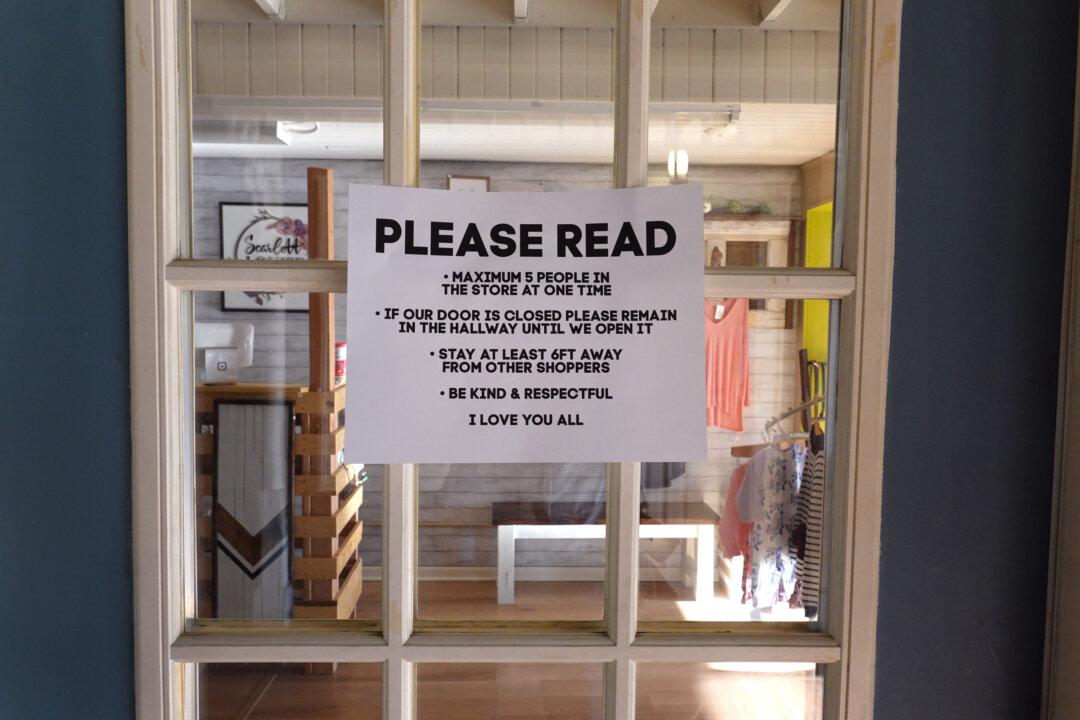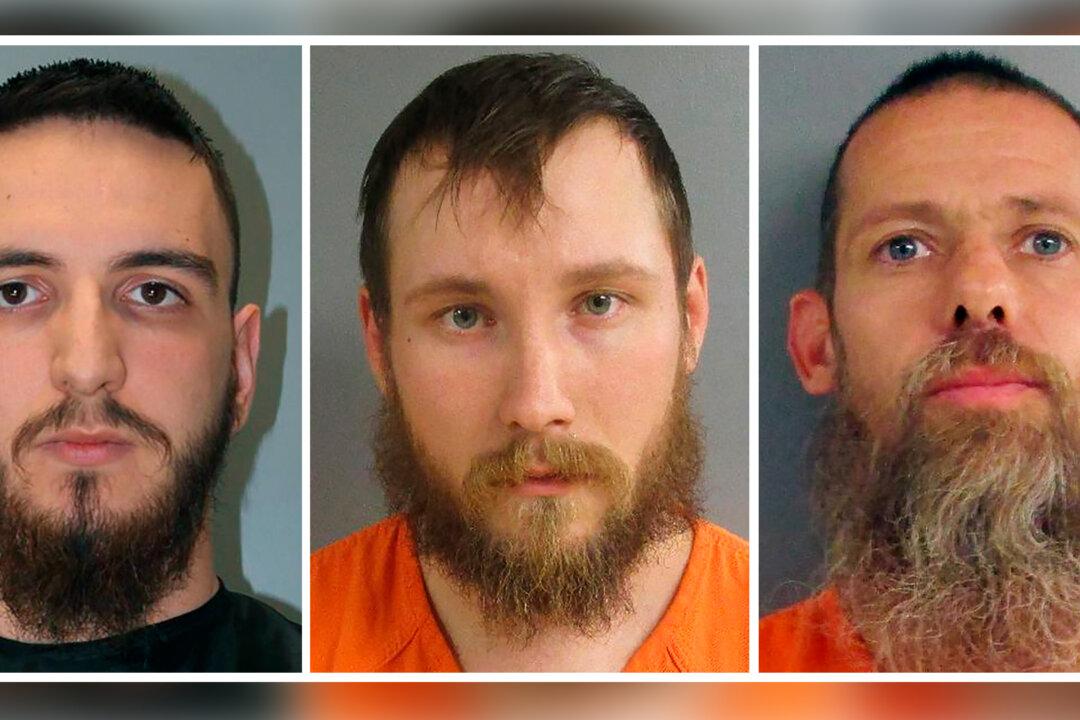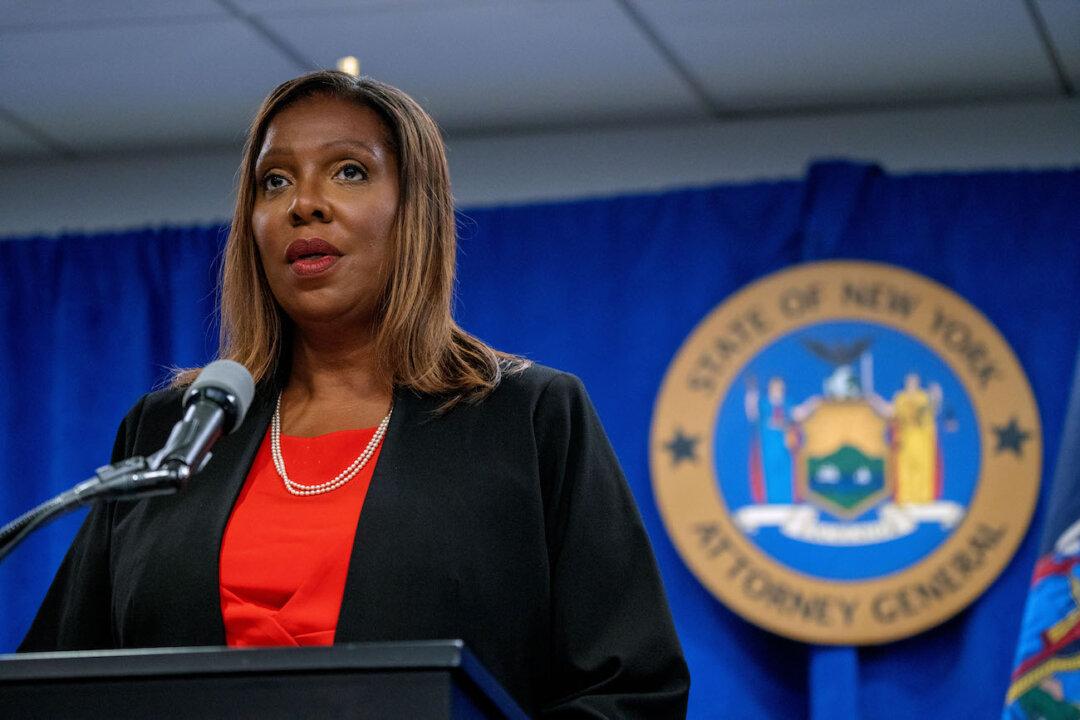The nonpartisan Legislative Audit Bureau (LAB) released a limited review (pdf) of two programs that used supplemental federal funding intended to assist Wisconsin businesses that were negatively affected due to forced COVID lockdowns.
The Department of Revenue (DOR) awarded $595.9 million in grants to businesses grants through its “We’re All In” and “Wisconsin Tomorrow” programs. These were supported by supplemental federal funds provided through the Coronavirus Aid, Relief, and Economic Security (CARES) Act and the American Rescue Plan Act (ARPA).





